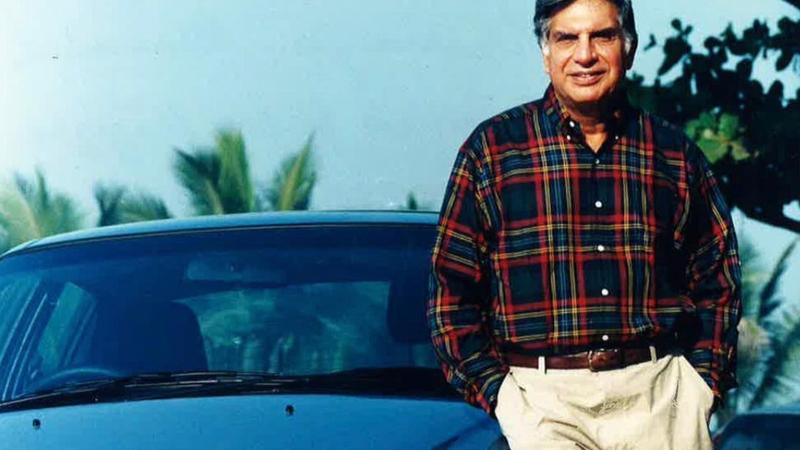Published 01:16 IST, October 10th 2024
Indica To Jaguar: Ratan Tata’s Big Decisions That Elevated Tata to Global Heights
Ratan Tata, India's visionary leader and the man who transformed India's business industry, died at 86 on Wednesday.

Ratan Tata’s journey as the chairman of Tata Group is marked by a series of bold decisions that redefined the company's identity and expanded its global footprint. While many of us know him as man who was more into philanthrophy, his career was full with decisions that proved that the core values in business need not be sacrificed in modern corporate governnace that requires ruthless decision making. His career can be encapsulated in four transformative moments, each reflecting his visionary leadership and determination to make Tata Group a global force while not leaving ethical principles.
1. A New Leadership Era for Tata Group
When Ratan Tata took over the reins of Tata Group in 1991, the conglomerate was perceived as a traditional enterprise, somewhat resistant to change. Many wondered if Ratan Tata, a reserved leader compared to his predecessor J.R.D. Tata, could lead the group into the future. But Ratan had a clear vision. He restructured Tata, introducing modern corporate governance and implementing the Tata Business Excellence Model (TBEM), which focused on continuous improvement across companies. His leadership was instrumental in preparing Tata to capitalize on India's economic liberalization, transforming the group into a more agile, global entity
2. The Launch of the Tata Indica
One of Ratan Tata's defining moments came with the launch of the Tata Indica in 1998, India’s first indigenously developed car. This was a bold and risky move, as Tata Motors had primarily focused on commercial vehicles, and the passenger car market in India was dominated by foreign brands. Although the car faced skepticism initially, it became a symbol of India’s ability to compete in the global automobile industry. Over time, the Indica found success, proving that a domestically designed and manufactured car could thrive against international competition.
3. The Acquisition of Jaguar Land Rover
In 2008, Ratan Tata made a monumental decision to acquire two iconic British luxury car brands, Jaguar and Land Rover (JLR), from Ford. The acquisition raised eyebrows globally, as many questioned whether Tata Motors, known for its budget cars, could successfully manage these high-end brands. However, Ratan Tata’s belief in maintaining the brands’ identity while providing the financial backing they needed led to a remarkable turnaround. Under Tata's ownership, JLR flourished, launching successful new models and increasing global sales, transforming the acquisition into a strategic triumph.
4. Globalizing Tata Steel
Ratan Tata's ambition to globalize Tata Group was further demonstrated when Tata Steel acquired Corus Group, a European steel giant, in 2007 for $13 billion. This acquisition made Tata Steel one of the largest steel manufacturers in the world. More than just a business expansion, the deal was a strategic move to access advanced technologies and expertise. It marked Tata Steel's transition from a domestic player to a global powerhouse, reflecting Ratan Tata's vision of taking Indian companies to the global stage
Ratan Tata's career was defined by risk-taking, innovation, and a steadfast commitment to ethics. Whether it was developing India’s first indigenous car, acquiring global luxury brands, or making Tata Steel a global leader, his leadership exemplified bold vision combined with an unwavering dedication to social responsibility. His legacy remains a blueprint for future leaders of Indian industry, demonstrating how businesses can succeed while upholding integrity and values.
Updated 01:16 IST, October 10th 2024




